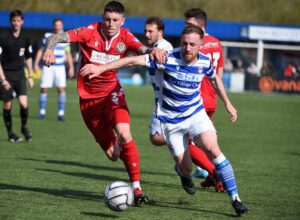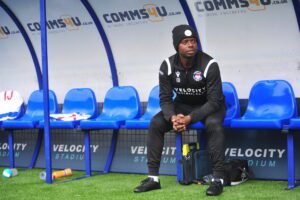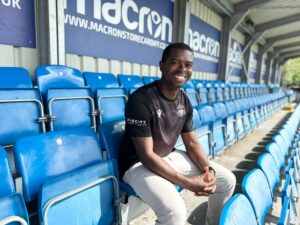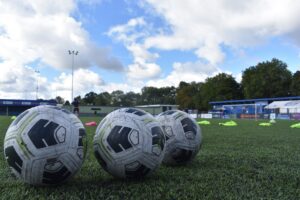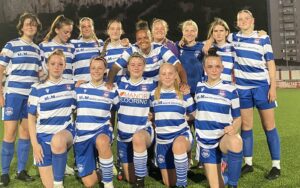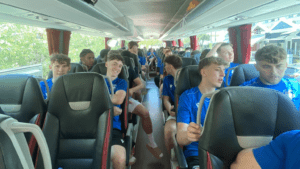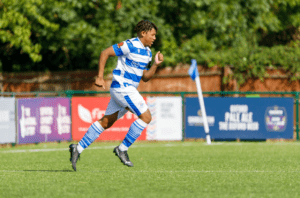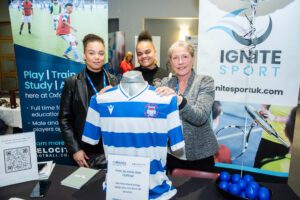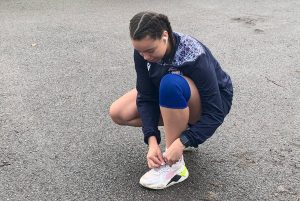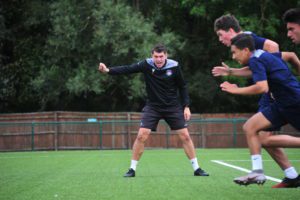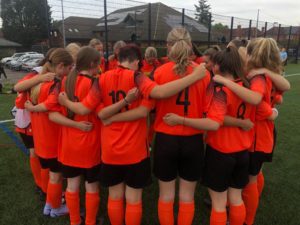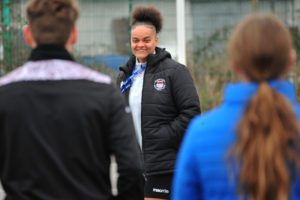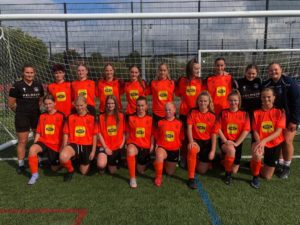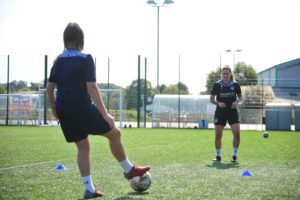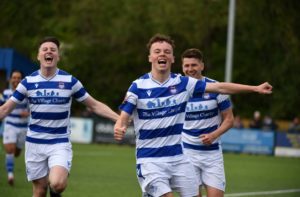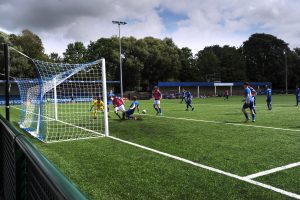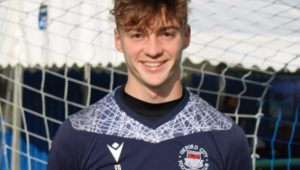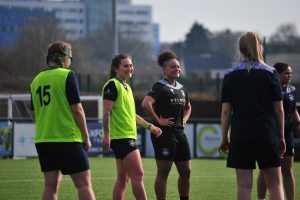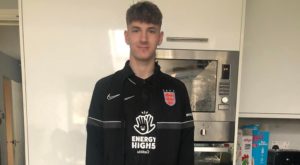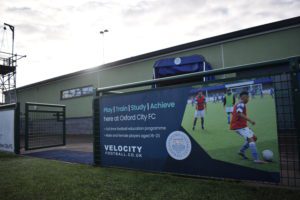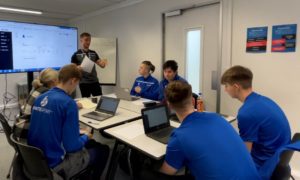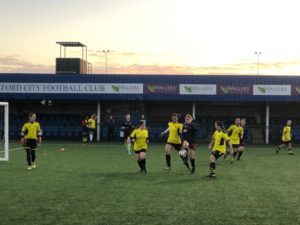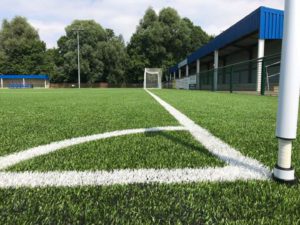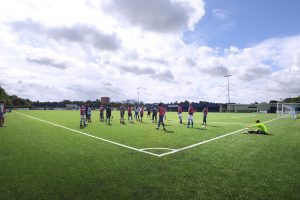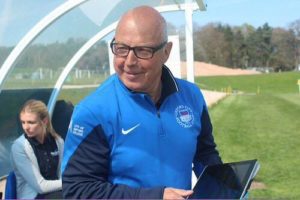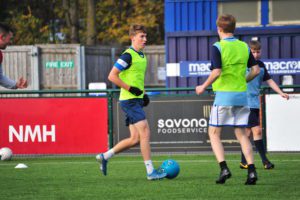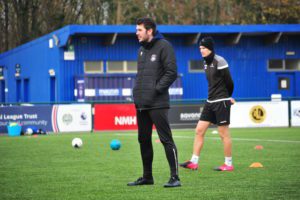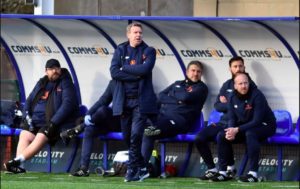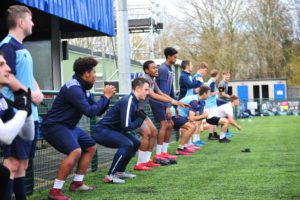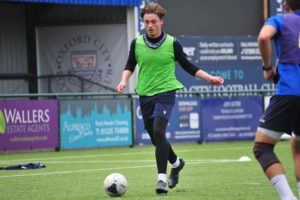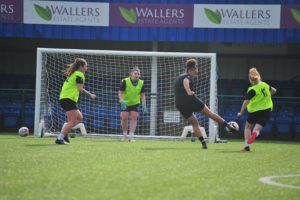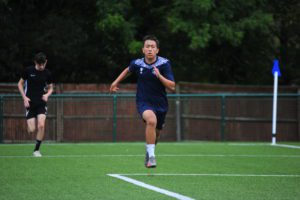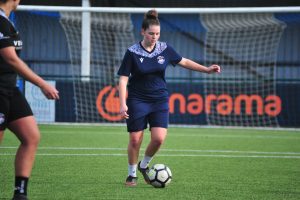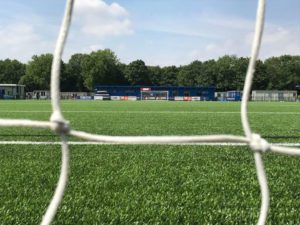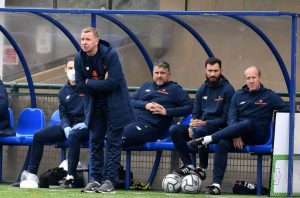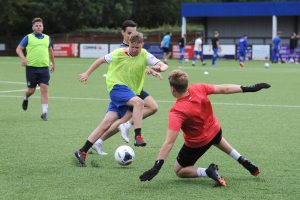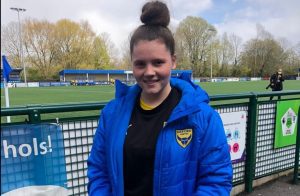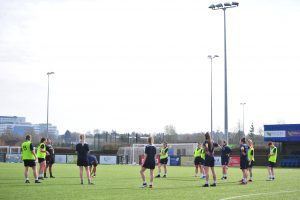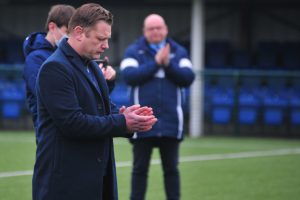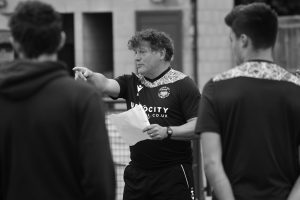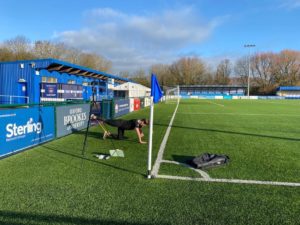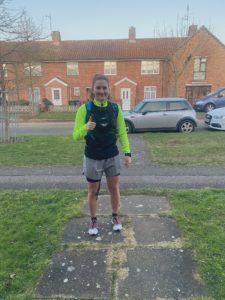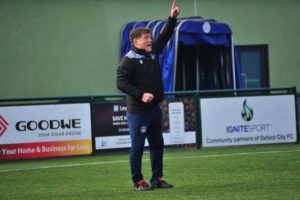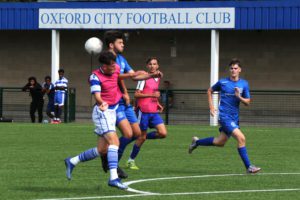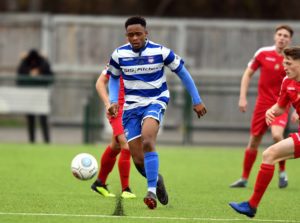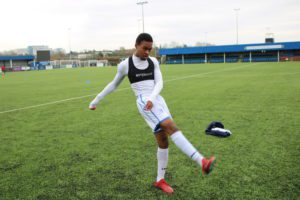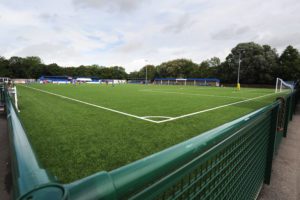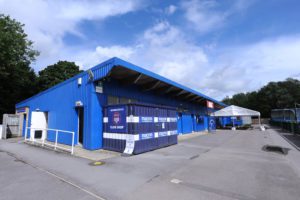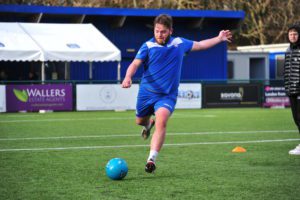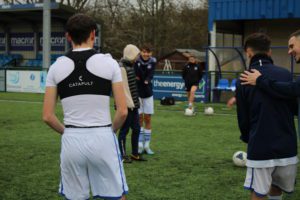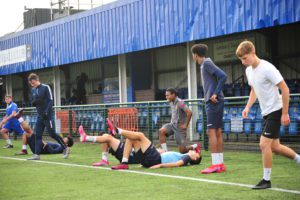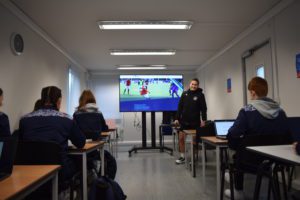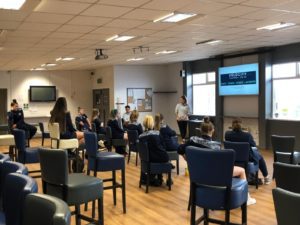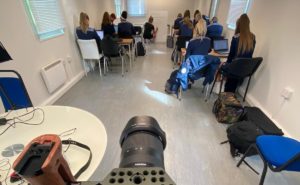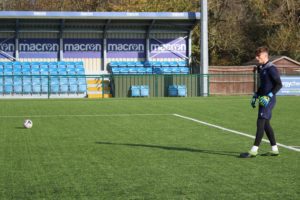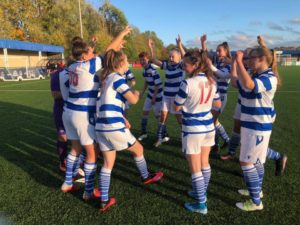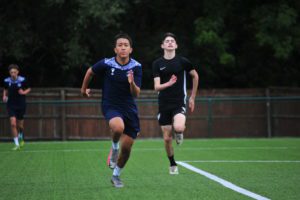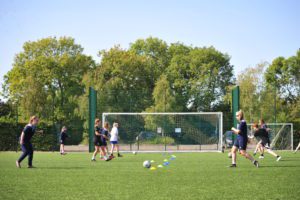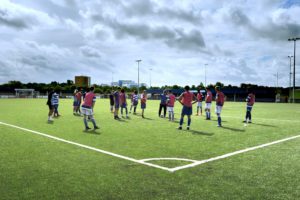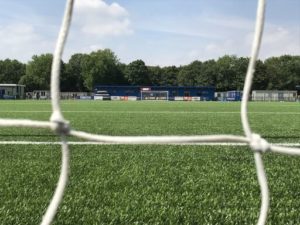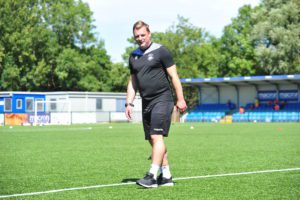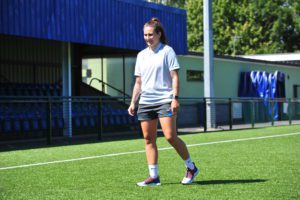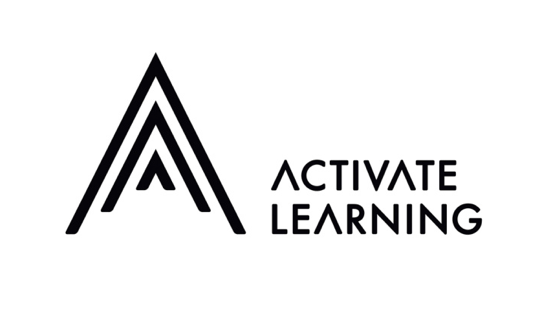One of the first things we help students understand at Velocity Football is that there is much more to sport than what happens on the pitch.
Helping young adults develop a career pathway is a shared passion among our team, and we work closely with local organisations and teams to inspire and facilitate opportunities for the next generation of working professionals.
But what are the different professions in sport? And what would current workers’ advice be to students?
To find out, each month we will speak to a person currently employed within sport and learn how their career was sparked and what they enjoy most about their job.
Starting this series is Velocity Football Strength and Conditioning Coach Dean Tetley, who held roles at Premier League clubs Southampton FC and Crystal Palace before joining Velocity Football.
How it started
Dean’s passion has always been football. After leaving school aged 16, Dean worked towards completing his FA Level One and Two coaching badges.
It was during this time he developed a passion for the physical side of training and in his late 20s he enrolled into university.
“Once I got my Level Two coaching badge, I realised the mechanisms behind coaching interested me more,” said Dean. “I love seeing people achieve more by applying themselves correctly in a physical capacity.
“I haven’t looked back since I started my studies.”
The roles of a strength and conditioning coach
There are two key roles as a strength and conditioning coach, according to Dean.
“Firstly, we have to question if we’re making the person we are working with better at their chosen sport,” he said. “If it’s football, boxing, athletics – whatever – it is the job of a strength and conditioning coach to improve physical performance.
“Also, we want to minimise injury risk. Injuries happen and we cannot prevent them all. But the more time a person spends injured, the less chance they have to perform optimally in their sport.”
Practical experience
Dean combined his studies with hands-on practical experience to develop his skillset and contacts in the industry.
He believes putting your name out there is one of the most important things an aspiring S&C coach can do to enhance their chances of securing a job.
Dean said: “Many people neglect the practical and technical side of the profession until it is too late. They assume three or four years of university will lead to a job – the reality is you have to do something that will set you apart from everyone else.
“My former mentor and tutor told me to gain practical experience wherever possible if I was serious about taking my career aspirations to the next level.
“Make sure you do your research before you choose where to study. Find courses that have links with clubs that can provide you with that valuable practical experience.”
Velocity Football
There are endless strength and conditioning courses available for aspiring coaches.
We are committed to helping every student source their passion in sport via a fun and engaging programme that supports work experience and practical opportunities.
Dean added: “Before I joined the Velocity Football programme, I spoke to Justin at Velocity about the learning and life experiences the programmes offer to its students.
“I’m very passionate about providing young people with an opportunity to develop. I experienced others committing time to me when I grew up, and now I want to establish that role with Velocity.
“Giving students the experience they need to take their career aspirations to the next level is an amazing feeling.”
Minimising injury risk
All athletes are likely to experience injury during their careers. But the rate of which a person becomes injured can be reduced.
“As strength and conditioning coaches, we have to be realistic – players pick up injuries,” said Dean. “Having worked in male and female teams, the difference in injury rates in both genders is significant.
“That’s something I will tell students to take into account – who are you working with, what is their history and how can you formulate plan that works best for them?”
My life, my passion
Strength and conditioning roles are available in several environments – sports clubs, schools, governing bodies and more.
Though it is a competitive field, Dean loves his work and has not looked back since he started his studies.
“I love it,” said Dean. “I left school with no qualifications and worked, that was what I wanted to do.
“As I got older, I realised I wanted to do something I enjoy. So, I got my A-Levels and went to university. I love the environment I work in and thrive off it.
“You will get out what you put in.”
Get active from home!
To put you and Velocity Football students through their paces, Dean has structured a football-based strength and power session that can be completed from home.
The below workout should be completed two or three times with rest available for as long as required between each set.
A1. Front Squat x8, with A2. Box Jumps x5.
B1. Pull-ups/Assisted pull-ups x10, with B2). Medicine ball Wall Throws x6.
C1. Cossack Squats x5 each side, with C2. Skater Bounds x5 each side.
D1. Landmine Split Jerk x6 each side, with D2. Deadbugs x12.
E1. Barbell Rows x8, with E2. Medicine Ball Slams x6.
If you attempt this workout, let us know how you get on by tweeting @Velocity_Ox. Good luck!
